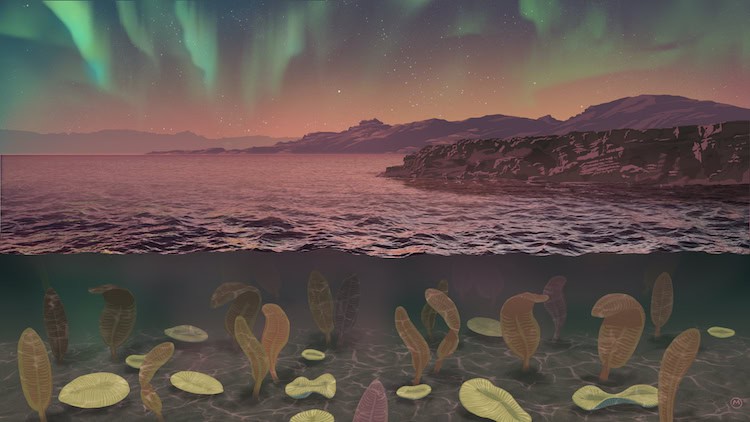NEW YORK (Reuters) – The following is a brief roundup of the latest scientific studies on the novel coronavirus and efforts to find treatments and vaccines for COVID-19, the illness caused by the virus.
FILE PHOTO: Scientists work in a lab testing COVID-19 samples at New York City’s health department, during the outbreak of the coronavirus disease (COVID-19) in New York City, New York U.S., April 23, 2020. Picture taken April 23, 2020. REUTERS/Brendan McDermid
New coronavirus is adapting to different populations
A genetic analysis of samples from more than 7,500 people infected with COVID-19 suggests that as the new coronavirus spreads quickly around the world, it is adapting to its human hosts, researchers reported on Tuesday in the medical journal Infection, Genetics and Evolution. They found almost 200 recurrent genetic mutations of the new coronavirus – SARS-CoV-2 – that show how it may be evolving as it spreads in people.
“All viruses naturally mutate,” Francois Balloux of University College London, who co-led the research, told Reuters. “Mutations in themselves are not a bad thing and there is nothing to suggest SARS-CoV-2 is mutating faster or slower than expected. So far, we cannot say whether SARS-CoV-2 is becoming more or less lethal and contagious.” (reut.rs/3foEOQ8 and bit.ly/2A63ay3)
Experimental vaccine protects macaques from SARS-CoV-2 infection
In macaque monkeys, an experimental vaccine for the novel coronavirus safely induced antibodies that blocked several different SARS-CoV-2 strains, Chinese researchers reported on Wednesday in the journal Science. The researchers say tests of their vaccine candidate, “PiCoVacc,” in humans will likely begin later this year. (bit.ly/35CDrc5)
Coronavirus link to loss of smell and taste may be underestimated
The true prevalence of problems with smell and taste among patients infected with the novel coronavirus may be higher than doctors realize, according to researchers who reviewed 10 studies published earlier this year. Among a total of more than 1,600 infected patients in North America, Asia and Europe, nearly 53% had diminished or loss of sense of smell, and nearly 44% had problems with taste. In the subset of studies that used particularly reliable tests to evaluate patients’ ability to smell and taste, rates of dysfunction were even higher, suggesting “that the true prevalence of dysfunction in COVID-19 patients may remain underestimated,” the research team wrote on Tuesday in the journal Otolaryngology – Head and Neck Surgery. Increased awareness “may encourage earlier diagnosis and treatment of COVID-19, as well as heighten vigilance for viral spread.” (bit.ly/2L22Br8)
Researchers list ways to ease stress of frontline caregivers
There are many well documented methods hospitals could use to help ease frontline caregivers’ emotional stress, according to researchers who reviewed dozens of studies of healthcare staff working during outbreaks of emerging viruses. Broadly, they say, interventions fall into the categories of clear communication, access to adequate personal protection, adequate rest, and practical and psychological support.
Among their specific recommendations are changes to practice, such as screening stations to funnel infected patients to specific areas, redesigning of procedures that pose high risks for spread of infection, and reducing the density of patients on wards. They wrote on Tuesday in The BMJ that interventions shown to be helpful in the earlier studies “were similar despite the wide range of settings and types of outbreaks … and thus could be applicable to the current COVID-19 outbreak.” (bit.ly/2SHJxmj)
Reporting by Kate Kelland and Nancy Lapid; Editing by Bill Berkrot






